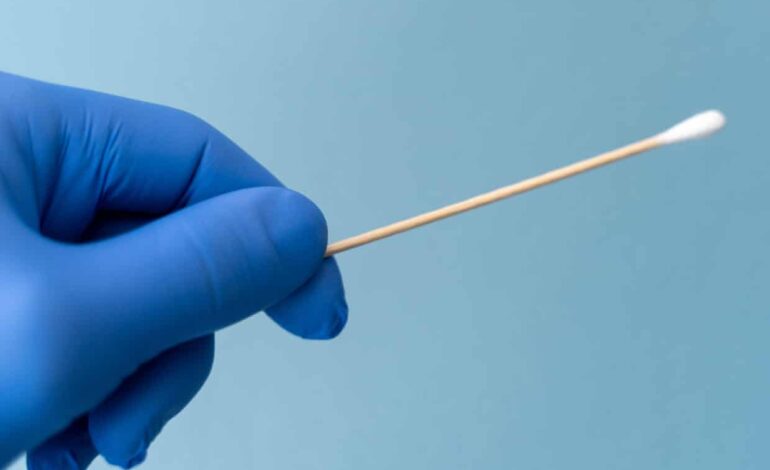Cheek Swab Test Detects Deadly Heart Condition in Children Early

A simple cheek-swab test can now identify children at risk of a potentially lethal heart condition, known as arrhythmogenic cardiomyopathy (ACM), up to five years before traditional diagnosis methods. This groundbreaking research was presented at the European Society of Cardiology congress in Madrid, the largest heart conference globally.
ACM, which is often genetic, accounts for over 10% of sudden cardiac deaths in children. It is caused by abnormalities in proteins between heart cells, affecting both the structure and electrical activity of the heart. These issues can develop unexpectedly, posing serious risks to young patients. However, researchers have discovered that abnormalities in these proteins can also manifest in the lining of the cheeks, providing a non-invasive way to detect heart issues.
The test, which takes just two minutes, was developed by experts from Great Ormond Street Hospital and City, St George’s, University of London. They conducted trials involving 51 children aged between three months and 18 years who had a known genetic predisposition to ACM. Over a period of seven years, these children underwent cheek swabs every three to six months. Among the group, 10 developed ACM, and remarkably, 8 of those showed detectable abnormalities through the cheek swabs prior to any other diagnostic tests.
Additionally, the researchers evaluated another cohort of 21 children without a known genetic risk. In this group, 5 children exhibited abnormalities identified by the cheek swabs. The findings indicate that these swabs can reveal significant changes in heart health up to five years before formal diagnoses are made through scans and other tests.
Dr. Joanna Jager from City, St George’s, University of London emphasized the importance of a quick, accessible test for early ACM detection, stating, “There is a real need for a quick and easy test to flag suspected ACM, which can then be confirmed by hospital tests.”
In the United Kingdom, it is estimated that approximately 1 in 10,000 individuals are affected by ACM. Symptoms often include heart palpitations, fainting, breathlessness, abnormal heart rhythms, and swelling in the abdomen, legs, or ankles.
The research team is now focused on developing home-use cheek swab kits that could be sent for analysis. Dr. Angeliki Asimaki, a reader in cardiac morphology and sudden death at the university, highlighted the test’s advantages, noting, “Our test provides a window into microscopic changes happening in the heart, and it is totally risk-free and non-invasive.”
Dr. Sonya Babu-Narayan, clinical director of the British Heart Foundation which funded the research, pointed out the urgency of early ACM diagnosis. “Arrhythmogenic cardiomyopathy has the potential to develop and strike without warning and sadly can risk sudden death in children, so it’s important that research helps us discover how to diagnose it early,” she said. This innovative, pain-free cheek swab test could significantly enhance care for at-risk children and offer reassurance to families when results are normal.
With these advancements, the potential for timely interventions and better outcomes for children with ACM has never been more promising.






